
In the U.S., someone has a heart attack every 40 seconds, according to the Centers for Disease Control and Prevention. But they aren't always dramatic. In some cases, you may not even realize you have one. Discovering the subtle yet telling indicators that signal you may have experienced a "small heart attack" is crucial for early detection and preventive action. read on to learn some major signs you've had a "small" or "mild" heart attack.
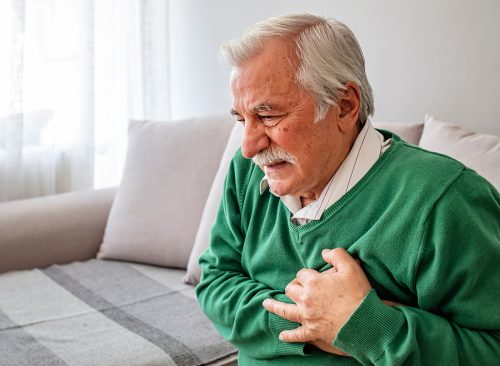
A heart attack happens when a blockage develops in the arteries leading to the heart, which prevents blood and oxygen from reaching the crucial organ. This leads to a heart attack. According to the American Heart Association, its most common symptom is chest pain. But signals can be much more subtle.
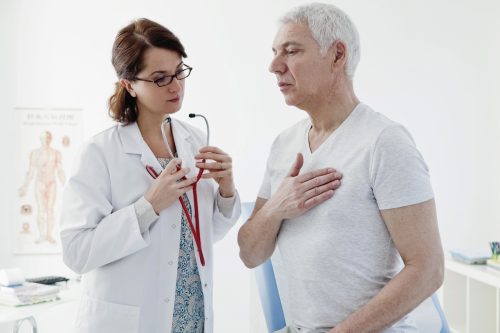
Heart attacks vary in severity, but experts say all of them are reason for concern. "Despite a good outcome, a mild heart attack is still a big deal. All heart attacks are serious," said Joseph Campbell, MD, a cardiologist with the Cleveland Clinic. A "mild heart attack" is commonly known as a non-ST elevation myocardial infarction, or NSTEMI. That's due to how the heartbeat looks on an electrocardiogram. "If you were told you've had a mild heart attack, it probably means your heart didn't suffer much damage and still pumps normally," said Campbell.
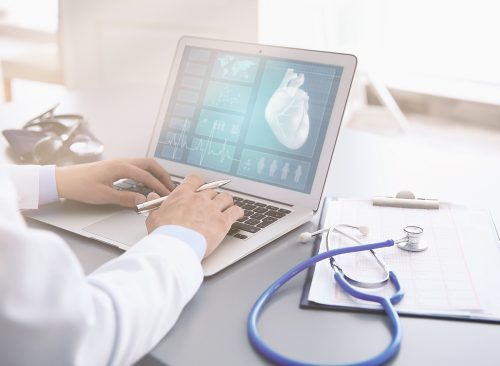
"Nearly half of people who have a heart attack don't realize it at the time," says Harvard Medical School. "These so-called silent heart attacks are only diagnosed after the event, when a recording of the heart's electrical activity (an electrocardiogram, or ECG) or another test reveals evidence of damage to the heart."
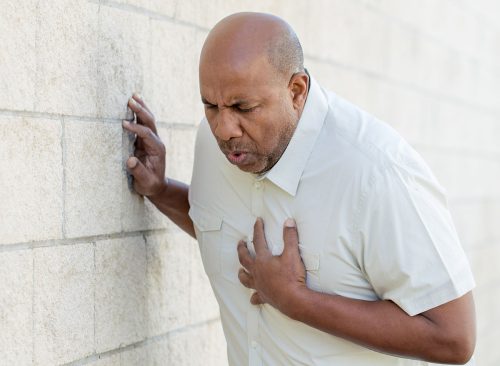
Only half of heart attacks present with severe pain in the chest, says Harvard Medical School. Instead, you might feel only mild discomfort, pressure, tightness, or squeezing in the chest area.

Pain in the arm or jaw can be a subtle sign of a heart attack, particularly in women. In the jaw, the pain may be felt in the lower left area. This pain may come on suddenly, wake you up at night, or begin or worsen with exercise.

A damaged heart has trouble circulating blood throughout the body, particularly to the brain. This can cause lightheadedness, dizziness or fatigue. If you have unexplained fatigue or dizziness, it's a good idea to get it checked out.

Nausea is a commonly overlooked symptom of a heart attack, says Kristin Hughes, MD, a board-certified emergency medicine physician based in Chicago. This is especially true for women, elderly people, and people with diabetes.
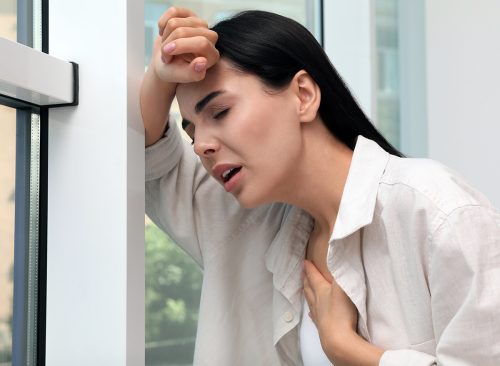
If you're having frequent shortness of breath without chest discomfort, you should have your heart checked out, says Hughes. This can be caused by pulmonary edema, a condition in which the lungs fill with fluid after cardiac tissue has been damaged by a heart attack. People with asthma might think this is a worsening of those symptoms when, in fact, it's much more serious.
RELATED: 90% of People Who Die From COVID Have This in Common
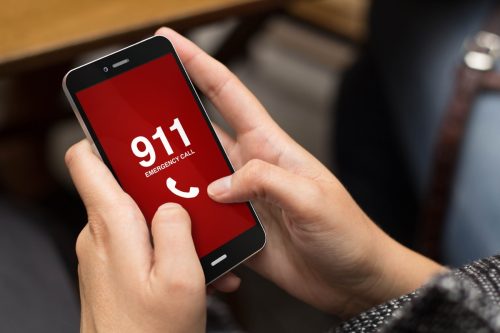
If you or someone you know has symptoms consistent with a heart attack, you should call 911 or get to an emergency room right away. "How well you fare after a heart attack depends on how quickly you act," says Campbell. "The sooner you get emergency care, the better the chance you will suffer less permanent damage to your heart."














